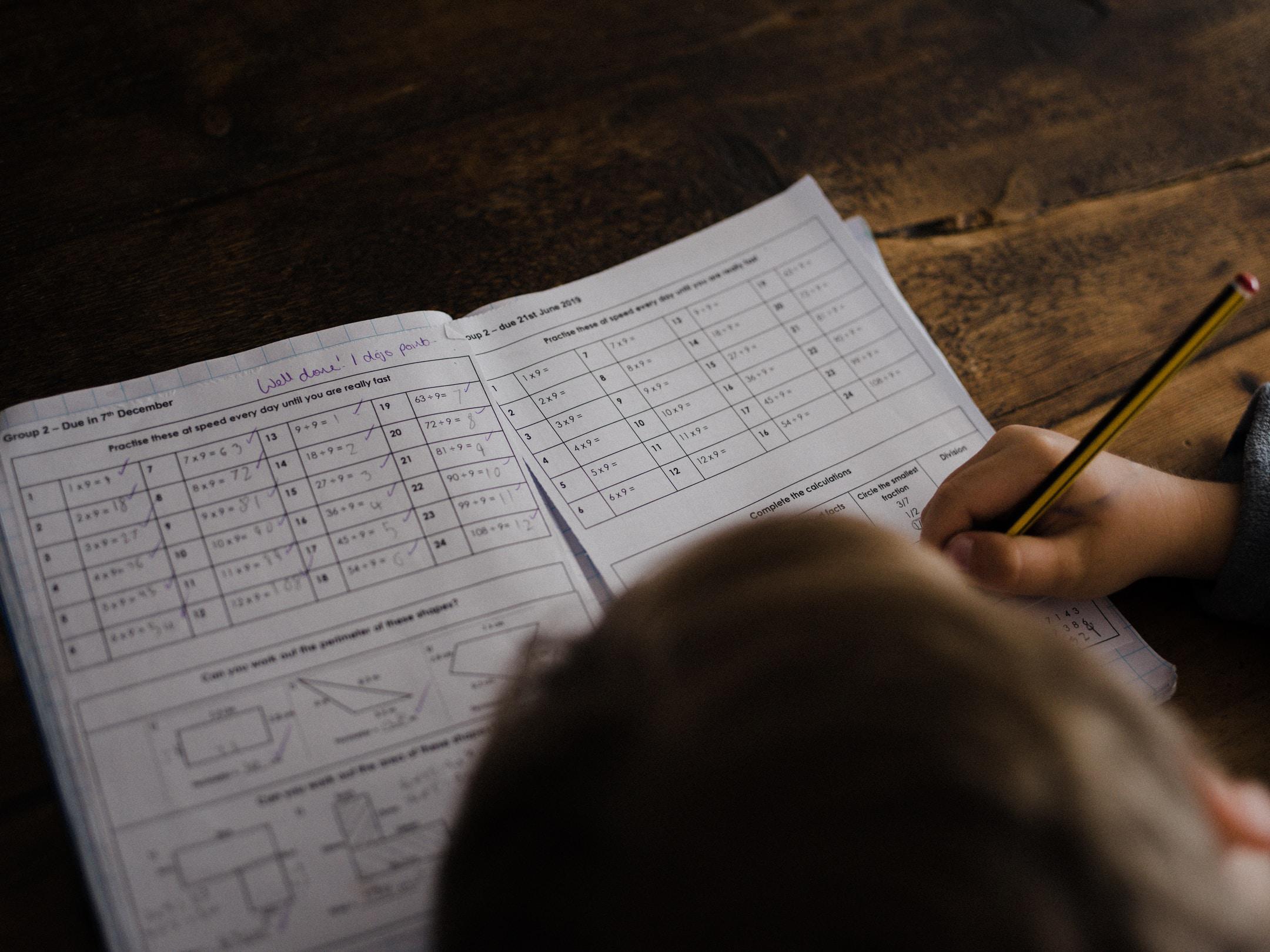Not everybody’s brain works the same way. While this can be difficult for some to understand, it’s part of what makes our beautiful world work. For instance, one student might excel at math and require no extra studying or help. On the other hand, you might have another student who is spending hours doing their homework, getting extra help after class, and working with a tutor but it’s simply not clicking. It’s important that educators can provide math practice for kids who struggle as much as those who excel. In fact, our team at Community Math Training has put together three reasons why students need to get help with math at a young age.
Basic math sets a foundation
Math is full of progressive concepts that are learned over the course of many years. Unfortunately, if a child gets behind in the early stages, they’re going to continue to struggle as the years go on because they don’t have a foundation on which to build more knowledge. Research shows first struggle for most begins with multiplication and division. If students struggle with these concepts early, they’re going to continue to have problems as they’re entering fractions, percents, decimals rations. This is why it’s important to take action early and offer practice for kids while they’re young.
Helps with problem-solving skills
The abilities that come with being able to manipulate an equation and make sense of word problems can be applied to many aspects of everyday life. As children develop these skills, they’ll have stronger critical thinking skills that allow them to solve problems and be more creative. Understanding how to apply math concepts in obscure situations on paper can translate to an ability to identify problems and solutions in real life. For instance, a student who understands when to use multiplication in place of addition will likely be able to find more efficient methods of problem-solving in other aspects of life.
It’s its own language
Math has its own language that isn’t often used outside of those applications. Young students who are learning language arts in school will apply those principles to their everyday lives as they speak. Most kids don’t go around talking about addition and subtraction or the Pythagorean Theorem. With additional math practice, they can familiarize themselves with the terminology and proper applications so it becomes more natural.
Builds confidence
Anytime we can have some sort of win in life, it’s going to build our confidence. It doesn’t matter if a student is already doing well in math then continues to show understanding or they’re struggling and something finally clicks. Small successes can build confidence in a student and drive them to want to continue to reach more milestones. Whether it’s because they’re seeing an improvement in grades or the satisfaction of learning something new, it will build confidence in many areas of their lives. Many students who do well in school have the confidence to be more social and try new skills or activities because they’ve seen success in one area so they’re willing to try in others.
Contact your school too; they can join in with parents and students on the same content!
Our materials are available for schools and at no cost. They are tutoring styled and ideal for students to practice with a guided process to move towards success with a plan.
